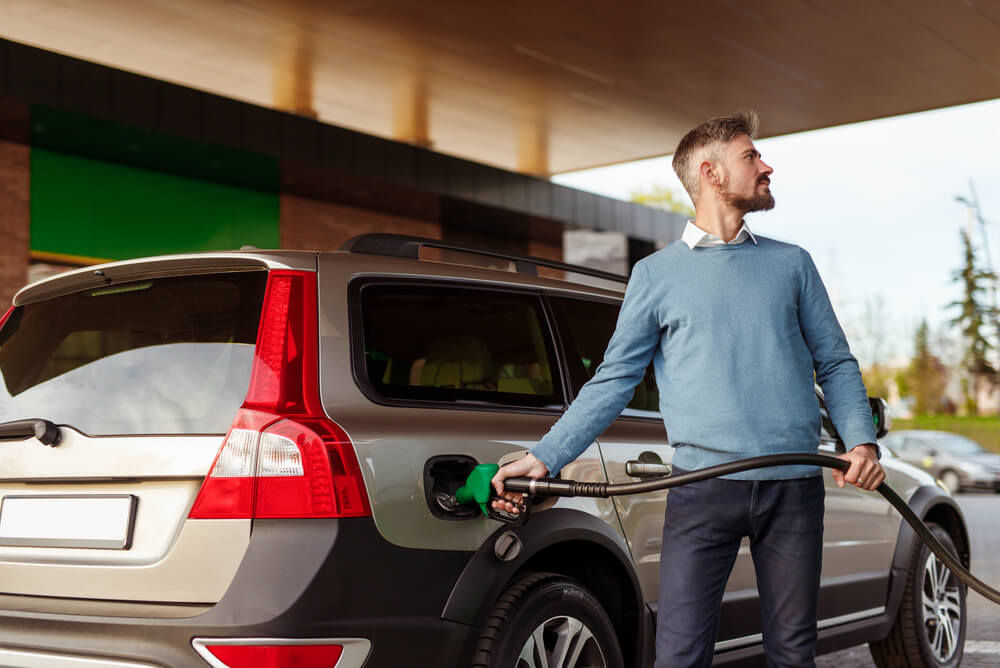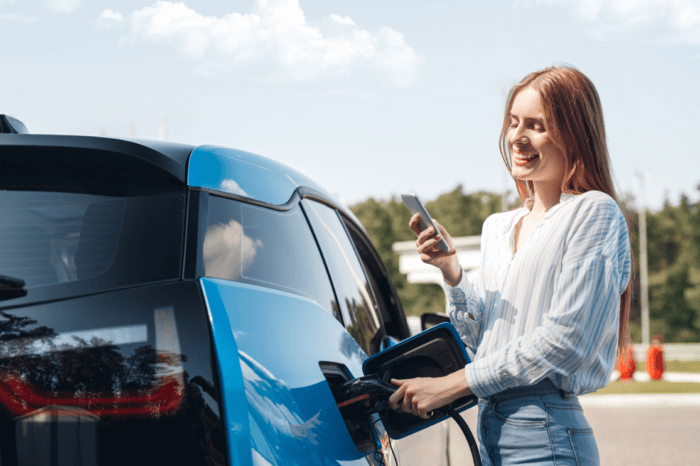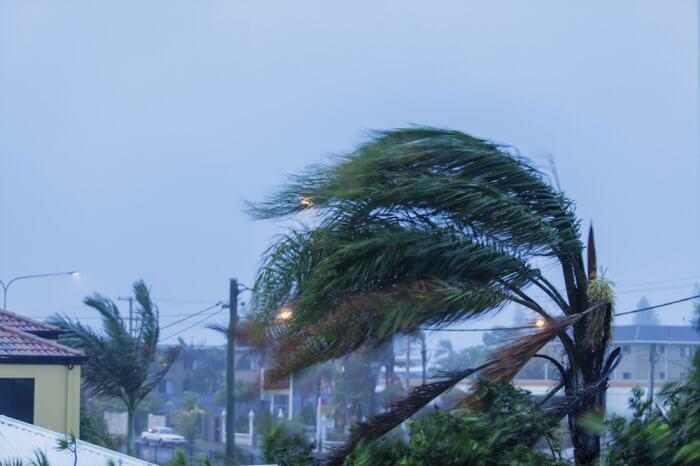
According to new research from Compare the Market, high fuel prices and the ongoing cost-of-living crisis are driving more than half of Australian motorists off our roads.
The new research revealed that 50.1% of Australian drivers surveyed are driving less due to the cost of petrol.* However, despite the misconception, Compare the Market’s Chris Ford said fuel prices were actually trending downwards compared to the same time last year.
“What’s interesting is more than half of Australian drivers we surveyed say they’re driving less due to the rising cost of fuel, but our analysis found that the average price for Unleaded 91 across our five major capital cities is around 15% cheaper than it was the same time last year,” Mr Ford said.
“Each city has their own fuel pricing cycle, where prices increase and drop over a certain period. At the peak of a fuel pricing cycle, it’s common for Unleaded 91 fuel prices to be well over the $2 a litre mark. However, according to our analysis, the nationwide average is currently around the $1.75 a litre price point.
“But there’s a bit going on behind the scenes too. Wholesale prices have been on the decline for quite some time across the major cities, dropping around 17% or 33 cents a litre since April this year.
“We also know that lower crude oil prices could have flow-on effects for wholesale fuel prices and then what we ultimately pay at the bowser. Australia currently has a higher inventory of fuel, which could signal that there’s less demand, which can bring prices down as well.”
Mr Ford said it was likely higher spending in other areas resulting in Australians still feeling the pinch at the petrol bowser.
“We’re by no means out of the woods when it comes to the cost-of-living crisis yet, and we know that a lot of households are still feeling the pinch of high grocery prices, higher insurance premiums and other costs across the board. If people are filling up when prices are at their highest, it makes sense that they’re looking at ways to reduce that price – and driving less is one of those methods.”
Compare the Market’s research also found that more than one in five Australian drivers surveyed (22.9%) say they’re taking fewer day trips or holidays in their cars.
“If you are hitting the road around school holidays, remember the importance of using fuel comparison apps before you fill up. You may be able to find significant savings by visiting a different service station and these apps can be handy if you’re filling up in a town or area you’re unfamiliar with.
“Similarly, utilise fuel-saving discounts where you can. We all know that major supermarkets can offer discounts at some locations if you spend a certain amount, but check your insurers, energy retailers and other utility companies, as they may also offer cheaper fuel.”
The research also found that some Australians are looking for more permanent solutions to beat high fuel prices. Around 1 in 10 Australians surveyed (9.1%) said they were considering a switch to an electric vehicle or a smaller, more fuel-efficient car, while just 4.1% say they’ve already made the switch. Mr Ford said the savings can be significant between EVs and petrol cars.
“We conducted some research recently which found that while EVs may have a higher upfront cost, they can save motorists significantly each year in running costs,” Mr Ford said. “For example, EV owners in Sydney and Brisbane spend between $897 and $1,535 less annually compared to their petrol counterparts.”
Meanwhile, Australian motorists are also trying to cut fuel costs by:
- Working from home more: 11.2%
- Switching to other modes of transport: 9.4%
- Carpooling: 3.6%
If you are still driving, Mr Ford said there are several things you can do to pay as little as possible for fuel.
- Compare prices at fuel stations. Many fuel comparison apps like Simples allow you to compare the fuel cost in your area easily and fill up where prices are lower. It doesn’t always pay to be loyal, so see if you can fill up for less.
- Have your car maintained. Despite the costs you think you may be saving by skimping out on your annual service, your fuel efficiency may decrease if your unmaintained car.
- Remove the heavy load. If you lug around unused items in your vehicle, consider removing them. Added weight may reduce your fuel efficiency, as you’ll need more fuel to get the same car from point A to point B.
*Survey of 1,001 Australian adults, conducted September 2024.
For more information, please contact:
Phillip Portman | 0437 384 471 | [email protected]
Compare the Market is a comparison service that takes the hard work out of shopping around. We make it Simples for Australians to quickly and easily compare and buy insurance, energy, and home loans products from a range of providers. Our easy-to-use comparison tool helps you look for a range of products that may suit your needs and benefit your back pocket.
State breakdown for journalists:
| Action | National | SA | VIC | NSW | QLD |
| Driving less | 50.1% | 45.58% | 49.37% | 54.00% | 53.29% |
| Switched to other modes of transport | 9.4% | 14.70% | 6.27% | 10.80% | 7.14% |
| Working from home more | 11.26% | 7.35% | 12.97% | 13.93% | 9.34% |
| Taking fewer day trips/holidays | 22.97% | 20.58% | 21.33% | 23.69% | 25.82% |
| Carpooling more | 3.61% | 1.47% | 2.51% | 5.57% | 3.84% |
| Considering a switch to an electric vehicle | 5.47% | 4.41% | 6.69% | 6.62% | 4.39% |
| Considering a switch to a smaller or more fuel-efficient vehicle | 5.47% | 5.88% | 3.76% | 4.18% | 2.74% |
| Have already purchased an EV | 2.29% | 1.47% | 2.51% | 1.74% | 3.29% |
| Have already purchased a more fuel-efficient vehicle | 3.71% | 4.41% | 1.67% | 1.04% | 2.19% |
| Hasn’t impacted driving habits | 31.5% | 41.17% | 28.45% | 27.52% | 31.86% |








